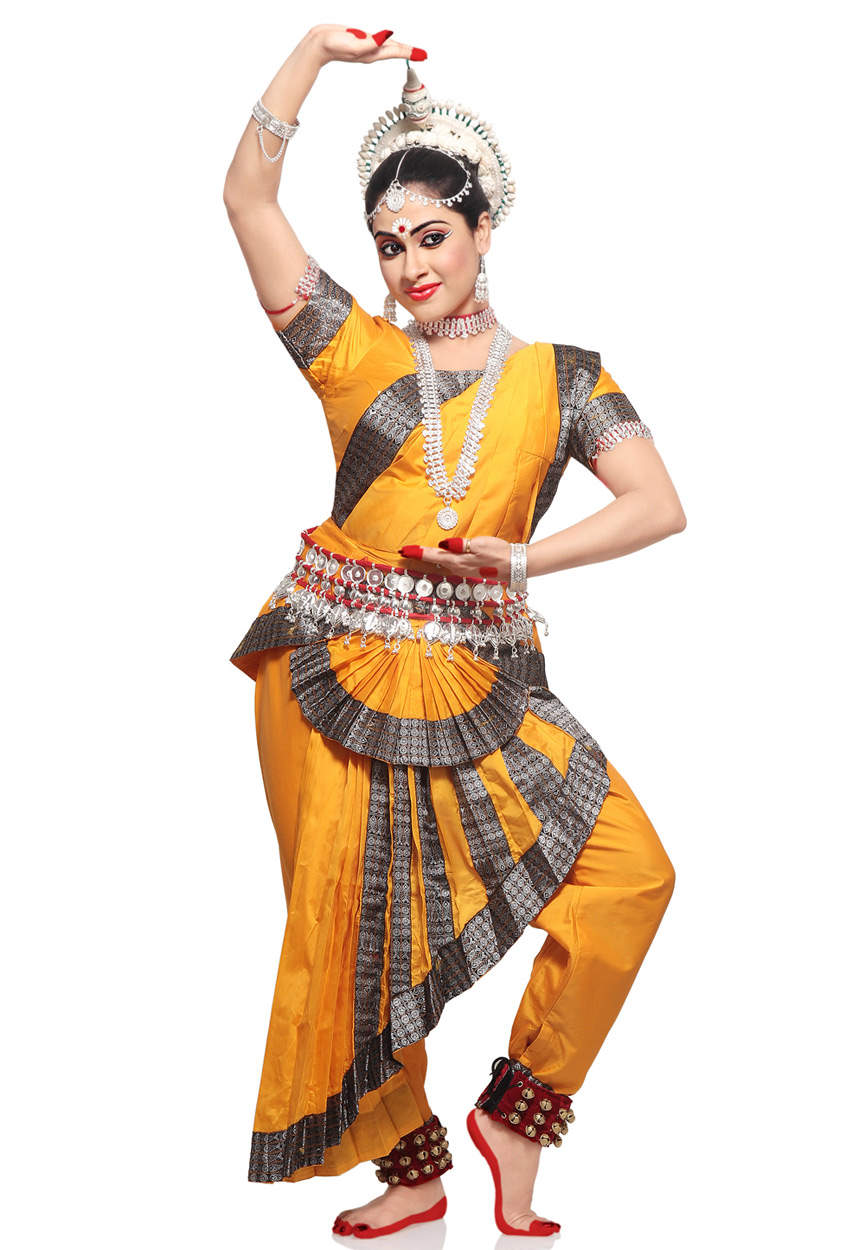
Odissi ORIGIN AND A SHORT OVERVIEW ON ODISSI DANCE
The fortress built by Bishop Absalon remained for two centuries until the Hanseatic States destroyed it in 1369. Work to rebuild Copenhagen's castle on the Slotsholmen Island site began in the year of 1376, marking a new evolution in the prominence and the history of Copenhagen. When the castle was finished after 40 years' worth of construction.

Odissi Dancer Dance of india, Dance photography poses, Indian classical dance
The Charm of Odissi. Odissi is one of the most ancient, graceful, captivating classical Indian dance styles with its beautiful sculpturesque poses, charming gestures and sensuous bends of the body resembling the ancient carvings from the caves of Udyagiri and Konark Sun Temple. This dance form has evolved over centuries, yet it remains.

CLASSICAL DANCEAN INDIAN CULTURE Info About Odissi Dance
Odissi is one of the pre-eminent classical dance forms of India which originated in the Hindu temples of the eastern coastal state of Odisha in India. Its theoretical base trace back to 'Natya Shastra', the ancient Sanskrit Hindu text on the performing arts. Age-old tradition of Odissi is manifested from Odisha Hindu temples and various.

Odissi Dance PNG Transparent Odissi Dance.PNG Images. PlusPNG
Odissi is a dance form from the state of Odisha in eastern India. It is recognised as one of the eight classical dance forms of India, and celebrated around the world for its lyricism, sensuality and emphasis on bhakti bhava (attitude of devotion and surrender). Odissi gained visibility in India and internationally from the 1950s onwards when it began to be presented on theatre stages.

odissi dance poses Google Search Dance Photography Poses, Dance Poses, Dance Art, Dance Music
Odissi , also referred to as Orissi in old literature, is a major ancient Indian classical dance that originated in the temples of Odisha - an eastern coastal state of India. Odissi, in its history, was performed predominantly by women, and expressed religious stories and spiritual ideas, particularly of Vaishnavism through songs written and composed according to the ragas & talas of.

cuttlefishbones Love Odissi. Indian classical dance, Indian dance, Dance poses
0:00 / 4:11 Body Positions in Odissi Dance (Sama Bhanga, Abhanga, Tribhanga & Chouka) ICCR in Bali 2.06K subscribers Subscribe 4.1K views 2 years ago Swami Vivekananda Cultural Centre, Bali.

Shalini Patnaik Odissi Dancer Dance of india, Indian classical dance, Indian dance
Unveiling the Grace and Expressiveness of Odissi Dance. Odissi, one of the oldest classical dance forms of India, is a mesmerizing art form that originated in the state of Odisha.. One of the defining features of Odissi is its emphasis on fluid movements and sculpturesque poses. Dancers use their entire body to create beautiful shapes and.

dance odissi dance photo galary (Image 10 of 13) Dance Photography Poses, Photography Women
Odissi, often spelled Orissi, is a traditional Indian dance form that evolved in the Hindu temples of Odisha's eastern coast. Moreover, the ancient Sanskrit Hindu text ' Natya Shastra ,' which deals with the performing arts, has its theoretical foundations.

Odissi
Dec. 31, 2023, 11:53 PM ET (The Hindu) odissi, one of the principal classical dance styles of India; others include bharata natyam, kuchipudi, kathak, kathakali, and manipuri. It is indigenous to Orissa, eastern India, and follows the principles of the Natya-shastra.

Odissi Dancer Sitara Thobani Indian classical dance, Indian classical dancer, Bharatanatyam
· September 21, 2023 · 8 min read India, with its rich tapestry of cultural diversity, is home to a myriad of classical and folk dance forms. Among these, Odissi stands out as a captivating classical dance form that embodies grace, storytelling, and artistic expression.

elena odissi Odissi Dance Photography Poses, Dance Poses, Folk Dance, Dance Music, Tattoo
Bandha Nrutya requires the dancer to maintain a firm and stable core, along with a strong connection between the upper body, lower body, and limbs. Some popular bandhas in Odissi include Bhumi Bandha (earth pose), Janu Bandha (knee pose), and Hasta Bandha (hand pose). Pada Bheda. The footwork in Odissi dance is known as the Pada Bheda.

ODISSI Indian dance, Dance of india, Indian classical dancer
Odissi, or Orissi, is a classical dance form from the state of Orissa. Odissi is characterized by fluidity of the upper torso (the waves of the ocean on the shores of Puri) and gracefulness in gestures and wristwork (swaying of the palms), juxtaposed with firm footwork (heartbeat of Mother Earth).. exemplifies the Odissi pose now associated.

The Odissi Profiles Arpita Venkatesh Cultuur, Mensen, Fotografie
Odissi or Orissi is an Indian classical dance that evolved in the Hindu temples of Odisha, India's eastern coastal state. Initially known as 'Odra-Nritya,' it is a dance form that is not only popular in India but is also well-known throughout the world. It is a good illustration of remarkable motions, expressions and gestures of the body.

Odissi Clássica Dança da Índia BellyDancingMusic dance Indian classical dance, Dance
It is a sensuous and lyrical dance form that is considered a dance of love. Odissi is a dance-drama genre of performance art. Artists and musicians play out a story, a spiritual message, or a devotional poem from the Hindu texts.

Odissi Dance of india, Bharatanatyam poses, Indian classical dance
Odissi or Orissi is one of the pre-eminent classical dance forms of India which originated in the Hindu temples of the eastern coastal state of Odisha in India. Its theoretical base trace back to 'Natya Shastra', the ancient Sanskrit Hindu text on the performing arts.

Odissi by Ashwashana Biswal Dance photography poses, Indian classical dance, Indian
The characteristic feature of this dance style is a hip deflection. The dvibhanga is greatly emphasized here. The tribhanga is one of the most typical poses of Odissi. The tribhanga is achieved by a sharp deflection of the hip from the horizontal Kati sutra, an opposite deflection of the torso and the head deflecting to the same side as the hip